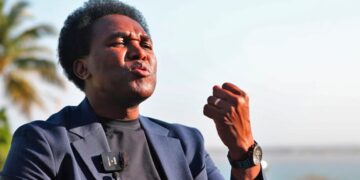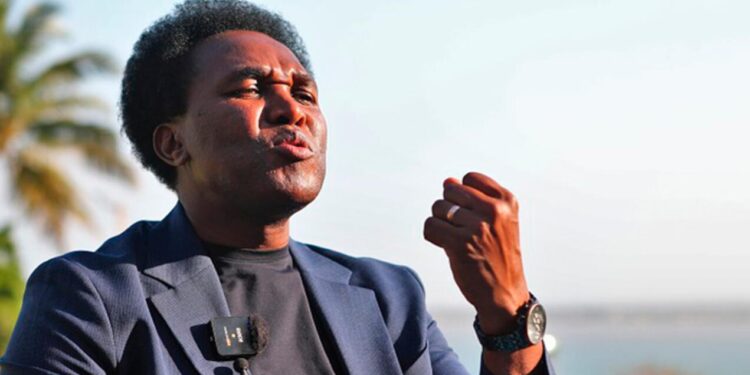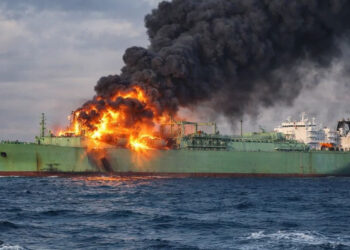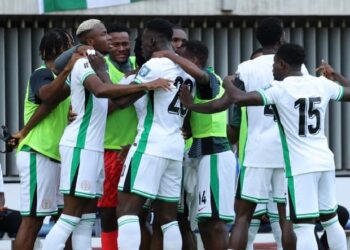Mozambique’s political crisis has taken a new twist as opposition leader Venâncio Mondlane declared he would take office as president on January 15, rejecting the outcome of the recent elections. His defiance has intensified unrest, sparking violent demonstrations across the nation.
Protesters have targeted key institutions, including government offices, police stations, and banks, leaving parts of the capital, Maputo, in chaos. By Christmas Eve, the city resembled a ghost town, with businesses shuttered and residents sheltering indoors to avoid the violence.
The latest wave of protests erupted after the Constitutional Court upheld the election victory of Frelimo’s candidate, Daniel Chapo, in October. Mondlane, who accused the election of being fraudulent, refused to accept the court’s ruling and pledged to assume the presidency the same day Chapo is set to be inaugurated.
Speaking to his supporters in a Facebook live broadcast, Mondlane insisted he would not advocate violence, despite the growing unrest. “We are with the people. We do not advocate any form of violence,” he said. However, his message of defiance continues to resonate with his base, particularly unemployed youth frustrated with Frelimo’s decades-long rule.
Mondlane, who is currently in self-imposed exile, has not disclosed how he plans to take power. The 50-year-old pastor turned politician contested the election as an independent after breaking away from the Renamo party. Meanwhile, Chapo, at 47, became Frelimo’s youngest-ever presidential candidate and emerged victorious, with the electoral commission initially giving him 71% of the vote. A subsequent court review adjusted the figures to 65% for Chapo and 24% for Mondlane.
Since the elections, Mozambique has been engulfed in its worst unrest in decades. Human rights groups estimate that over 100 people have been killed in the violence, with accusations leveled at security forces for using excessive force. However, police officials have defended their actions, claiming officers were attacked during the protests.
Mondlane fled Mozambique after alleging threats from police and following the killings of two of his aides in October. His calls for change have energized a population yearning for relief from Frelimo’s near half-century grip on power. In response to accusations of vote rigging, Chapo stated, “We are an organised party that prepares its victories,” rejecting claims of electoral misconduct.
As tensions continue to escalate, Mozambique faces a growing political and social crisis, with no clear resolution in sight. The country’s future hangs in the balance, with both sides firmly entrenched in their positions and fears of further violence mounting.




































